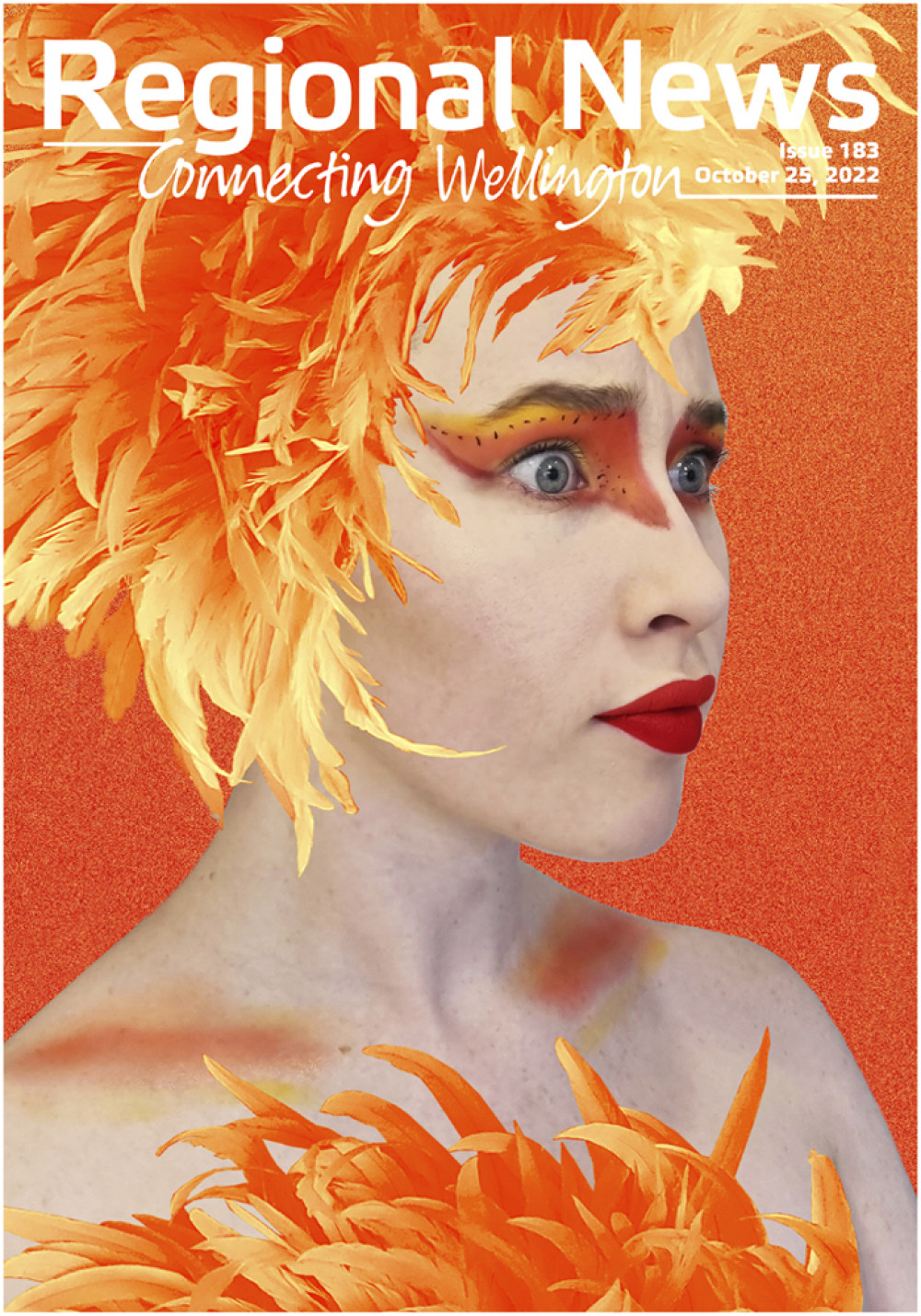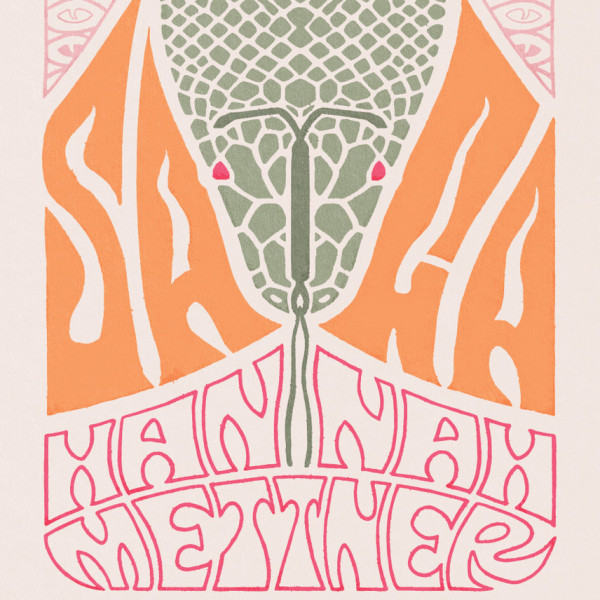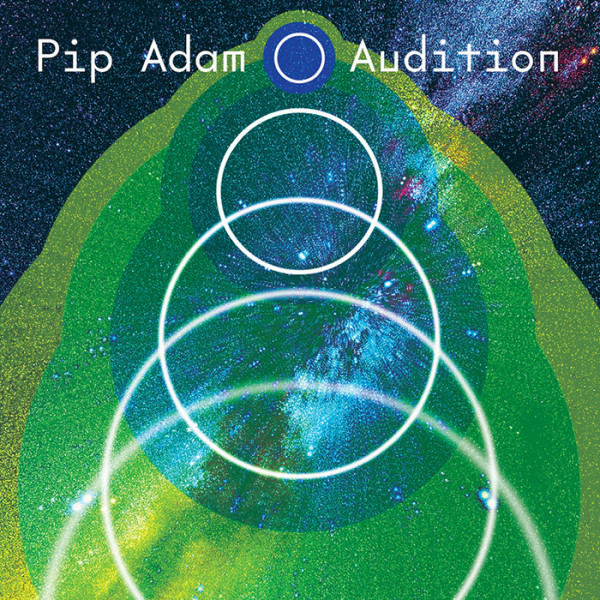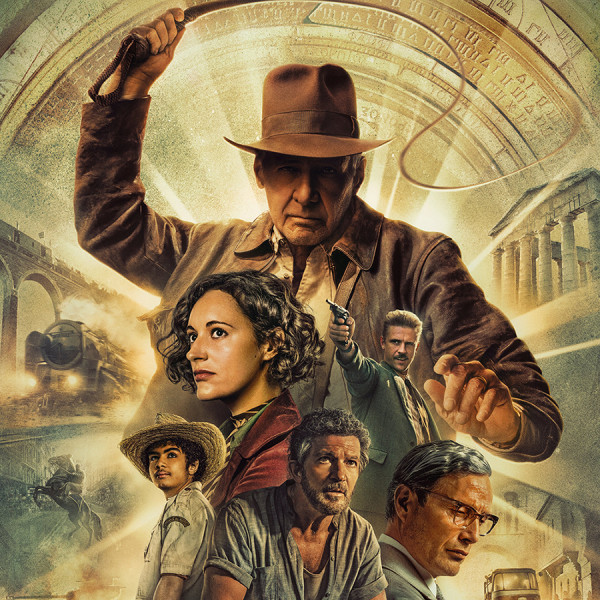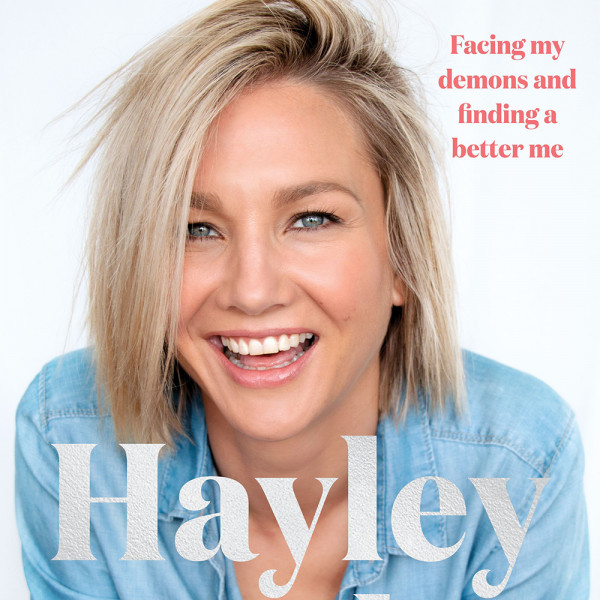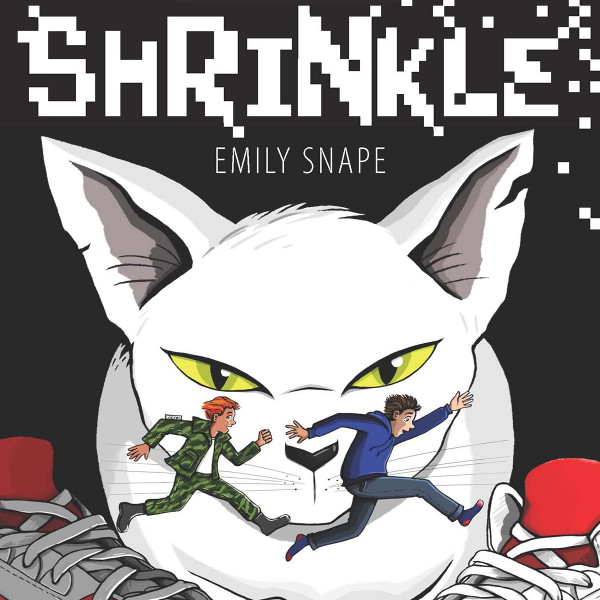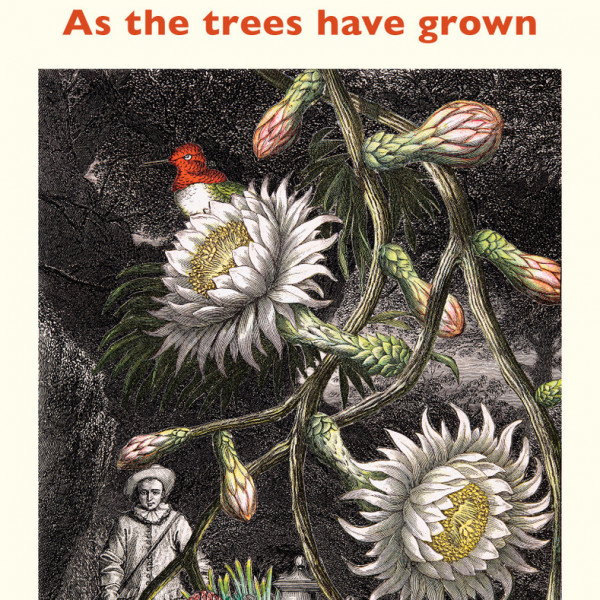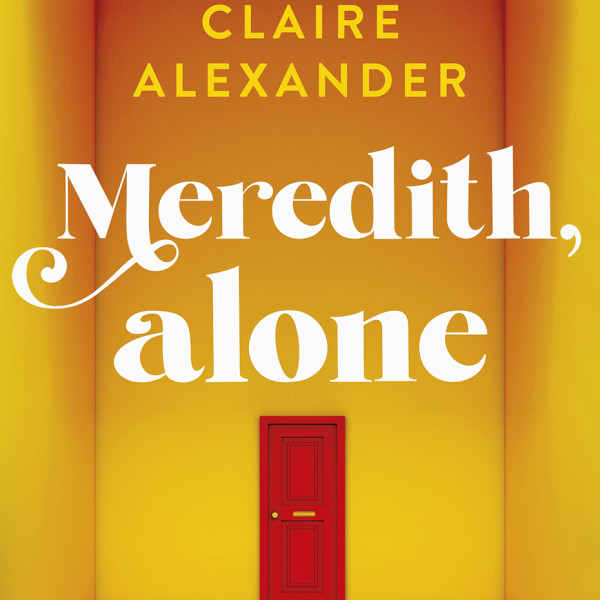
The Sun and the Wind
Written by: Tainui Tukiwaho
Directed by: Edward Peni
Circa Theatre, 30th Jul 2023
Reviewed by: Tanya Piejus
As a COVID lockdown project, author Tainui Tukiwaho set himself two wero (challenges) when writing The Sun and the Wind: make the hostage genre surprising again and find an interesting way to use a gun in a show. In answer to his pondering in the programme, I agree that he has admirably achieved both.
An older couple, Hūkerikeri (Julie Edwards) and her catatonic husband Rangi (Tukiwaho) are having a lacklustre birthday party for their son. However, their son isn’t there and it quickly transpires that it’s the introduction to a murder-suicide pact between the couple. This is where the gun comes in. The hostage part begins when Hūkerikeri is foiled in shooting her husband by the sudden arrival of two young would-be thieves, Hihi (Joe Dekkers-Reihana) and Kate (Tuakoi Ohia).
As the following drama unfolds, laced with Tukiwaho’s trademark humour, many themes are revealed: grief and loss, childhood trauma and abuse, parent-child relationships, abandonment, guilt, jealousy, desperation, idealisation, and a spiritualism that raises the question of reincarnation versus simple wish fulfilment. It’s a lot to unpack in just 70 minutes, but the strong cast delivers this heartbreaking story with power and grace, each fully inhabiting their well-formed characters and delivering an emotional king hit.
The simple set (Tukiwaho) of two circles of flooring and a small dining table and chairs gives enough space and variety for the ebb and flow of the action, and is sensitively lit (Katrina Chandra). The sound design (Eve Gordon) is also notable with its poppy 60s music that has poignant underlying meaning and an ever-present thunderstorm rumbling menacingly under the action.
The Sun and the Wind is a challenging but compelling watch. The cleansing kōrero and karakia performed by the cast at the end is a beautiful touch and allows the audience to exit the theatre with a sense of relief from the confronting themes of the play. As all good theatre should do, it leaves much to digest, deliberate, and discuss.



